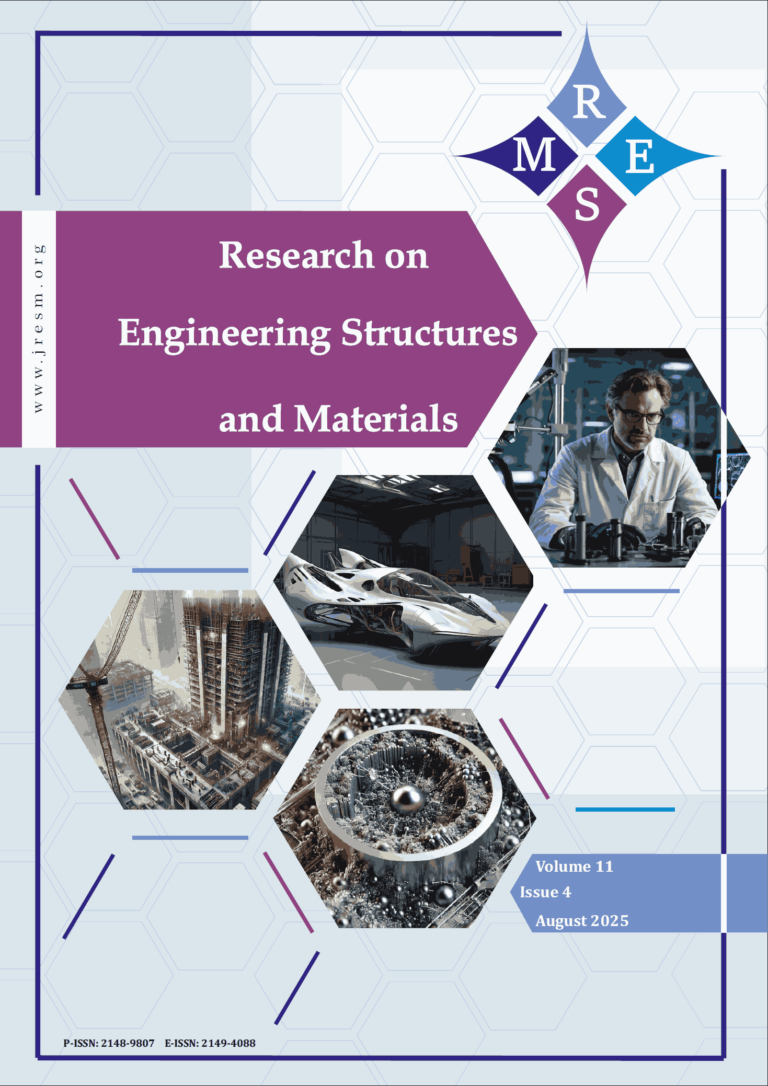Enhancing the energy efficiency of domestic refrigeration systems is vital due to their significant role in global electricity consumption. The low environmental impact of R600a makes it stand out among eco-friendly refrigerants. Recent developments in hybrid nanomaterials and nano lubricants potential to enhance system performance. The machine learning (ML) algorithms are emerging as effective tools for accurate, data-driven predictions in complex thermodynamic systems. The present research employs machine learning techniques to estimate the performance of a vapor compression refrigeration system based on the R600a and enhanced with CuO/SiO₂ hybrid nano lubricants. Experimental data were collected under various operating conditions, including different nano lubricant concentrations (0–0.6 g/L) and refrigerant mass charges (50–70 g). Three ML models—Linear Regression, Artificial Neural Network (ANN), and Support Vector Machine (SVM) were developed. The dataset was partitioned into 70% training, 15% validation and 15% testing sets. Models were evaluated using performance metrics such as Root Mean Square Error (RMSE), Mean Absolute Error (MAE), Mean Squared Error (MSE) and the coefficient of determination (R²). The Quadratic SVM model demonstrated the highest prediction accuracy with an R² of 0.970196 and a low MAE of 0.055486, outperforming both ANN and Linear Regression models. The study confirms that integrating hybrid nano lubricants with intelligent ML models significantly enhances the Coefficient of Performance (COP) prediction capability and provides a reliable approach for optimizing energy efficiency in refrigeration systems.
